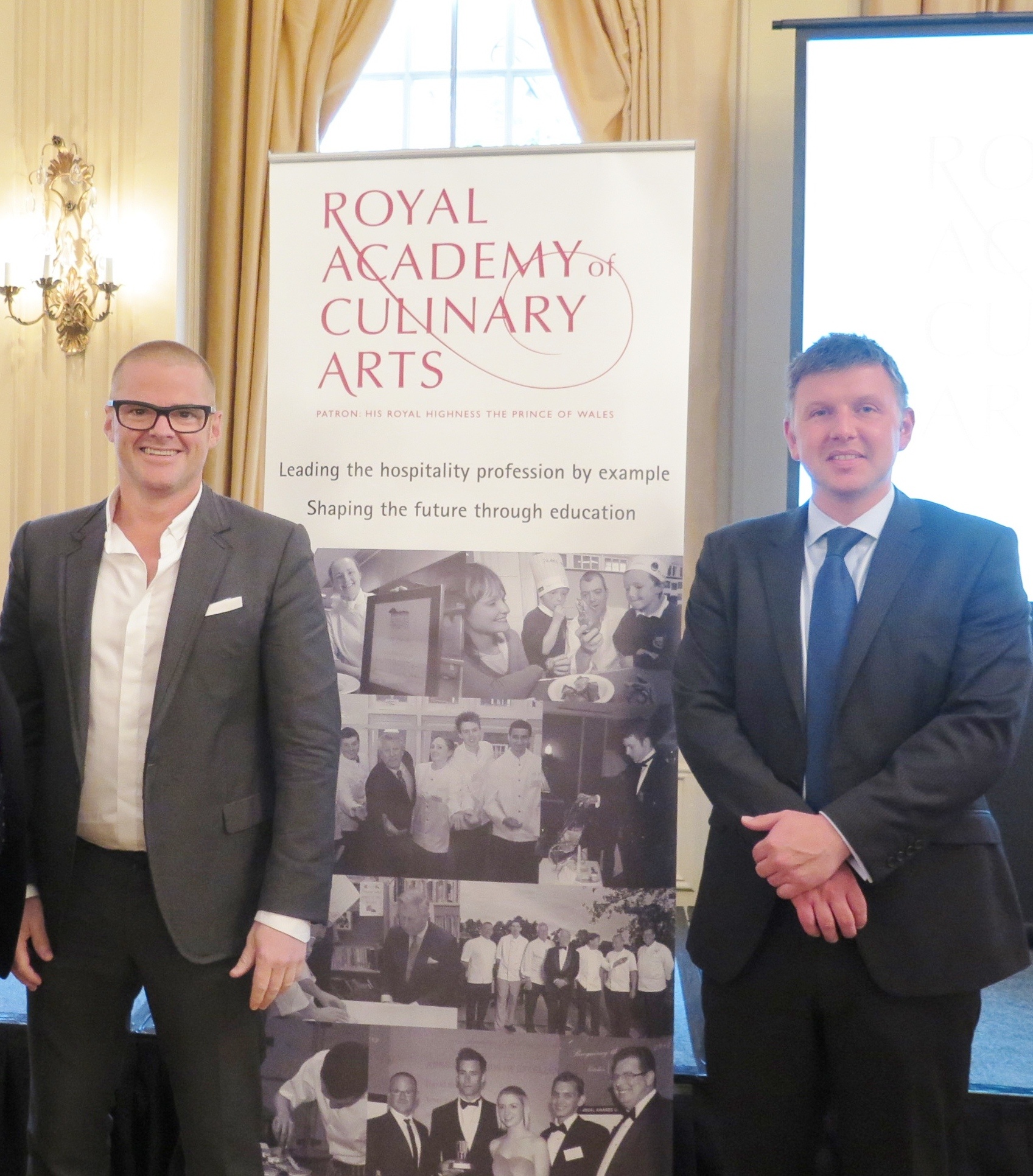
Some years ago I was privileged to be invited as a guest speaker alongside celebrity chef Heston Blumenthal at a plenary meeting of the Royal Academy of Culinary Arts. Presenting next to someone as well known as Heston gave me a few headaches as to what exactly I should talk about to an audience comprising of chefs and hospitality proprietors.
How could I make accounting and finance sound interesting to people who were there to listen to Heston's cooking insight and kitchen stories? Then it hit me, I could educate the audience about some of the key financial areas that are essential to the development and success of their hospitality businesses.
Thankfully it worked and went quite well. So, I thought I would turn it into a blog post and share it with you. These are the 5 essential aspects of financial management you need to focus on regularly to monitor and understand business performance.

The tronc scheme is a common problem area for hospitality operators. There are several regular mistakes that restaurants commit when operating tips and gratuities. We find that this is usually attributed to either not knowing or, misinterpreting the rules.
First and foremost you need to understand what the tronc is for. The purpose is to distribute tips and service charges to employees independently of you as the employer. There have been many legislative changes to troncs over the years meaning it is easy to fall foul of the rules. You can find out more about how to operate such a scheme in, are you making best use of the tronc?
The cash position of your business is one of the most important things that you must monitor on a regular basis. You need a back office system that provides you with management reports to keep you up to date on the performance of your business. This will then allow you to make better informed business decisions. Your management reports should contain the following information:
Remember, hospitality is a margins business and you should obtain software that can produce instant reports on gross margins and labour costs from your till systems.
Linked to cash management you need to monitor regularly and carefully the following additional aspects of your business:
Value Added Tax is a complex area. Till systems need to be reviewed regularly to ensure accurate reporting and you need to ask yourself the following questions:
There are some VAT schemes that relieve the administrative burden on smaller businesses and it is definitely worth talking to a professional advisor about these.
When starting your own business the potential tax reliefs available are advantageous. Here are 2 areas you should look into and consider:
These are tax incentives for investors who are willing to take on the risk of including unlisted companies in their investment portfolio. What that means for entrepreneurs, especially with regards to SEIS, is these schemes allow early stage and small businesses to gain access to much needed funding as potential investors can pursue greater returns through a tax efficient vehicle.
Capital allowances are the sums of money you can deduct from the taxation on your profits if you purchase certain specific assets for your business. The aim is to provide you with tax relief for the depreciation in the value of these items over time. The asset classes that qualify and are of particular relevance to hospitality operators include:
Also consider the Annual Investment Allowance (AIA). This is a tax incentive for businesses to invest their money in plant and machinery. To understand what exactly constitutes plant and machinery click on the link above.
The content of this post is up to date and relevant as at 19/09/2014.
Please be aware that information provided by this blog is subject to regular legal and regulatory change. We recommend that you do not take any information held within our website or guides (eBooks) as a definitive guide to the law on the relevant matter being discussed. We suggest your course of action should be to seek legal or professional advice where necessary rather than relying on the content supplied by the author(s) of this blog.
Click below for office location details
leave a comment -